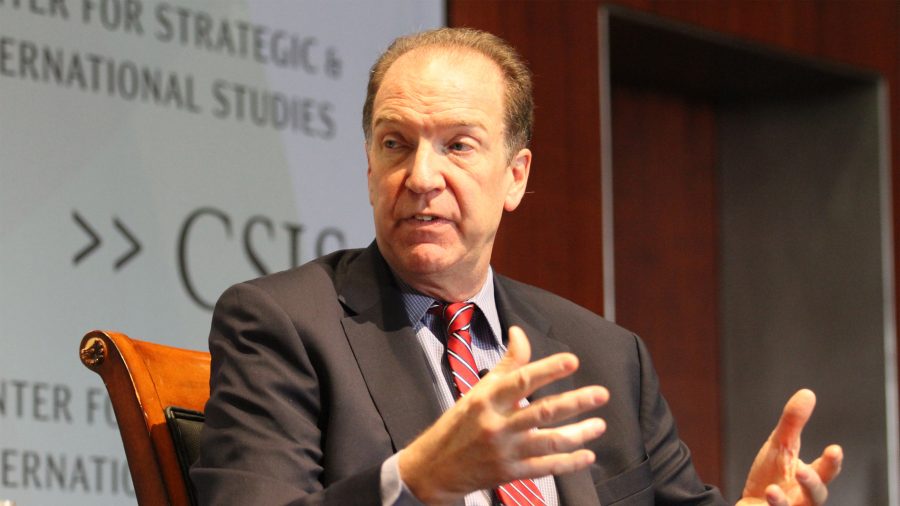The number of Nigerians living in extreme poverty might increase by more than 30 million in 2030, the World Bank has warned in a new report. According to the World Bank, the current economic situation and the level of unemployment in Nigeria would be key contributors to the increased extreme poverty.
It was stated that the pace of economic growth in Nigeria is not favourable to poverty reduction and if the government does not take action, 10 years and a month from now, more Nigerians will fall behind the extreme poverty line. The report titled “Nigeria Economic Update” also projected that Nigeria’s economy would expand by 2.1% in 2020 and 2021.
Inaction will cost Nigeria
The report warned Nigeria against passiveness and operating the ‘business as usual’ culture. This means if President Muhammadu Buhari, whose tenure ends in 2023, does not take action, Nigeria will bear the brunt in the long run. Nigeria experienced recession during his administration, and World Bank warned that Nigeria could slide back into recession again if crude prices fall by 25% to $50 a barrel.

In the report released by Bloomberg, World Bank stated that, “The cost of inaction is significant. Under a business-as-usual scenario, where Nigeria maintains the current pace of growth and employment levels, by 2030 the number of Nigerians living in extreme poverty could increase by more than 30 million.”
What Nigeria must do: The World Bank suggested several measures that should be implemented by the government. Among them are:
- increasing domestic revenue;
- removing trade restrictions and improving the predictability of economic policy;
- government should remove expensive fuel subsidies; and
- reducing central bank lending to targeted sectors that crowd out banks.
Warning signs: Although Nigeria’s Gross Domestic Product (GDP) grew by 2.28% in real terms in the third quarter (Q3) of 2019, up from 1.81% growth recorded in the third quarter of 2018, this is a slow pace as the difference is just 0.47% increase in the growth of the Nigerian economy (year-on-year). The CBN had also stated that the pace of growth in relation to Nigeria’s population exposes the economy to shocks.
Also, the purchasing power of Nigerians is weak because prices of livestock continue to increase and the Federal Government, House of Representatives and the Senate are backing an increase in VAT. Meanwhile, the rate of unemployment in Nigeria may rise to 33.5% next year from the current rate pegged at 23.1%, the Nigeria Employers’ Consultative Association (NECA) warned.
NECA had suggested that what the country needs is a reduction of VAT on small traders to 3% and abolition of import duty on machinery and raw materials, among many others.
Note: President Buhari had promised to remove the fuel subsidy when he got elected as President, however, subsidy payment still remains. Nairametrics had previously reported that FG pays N326.43 billion as petrol subsidy in four months.
















